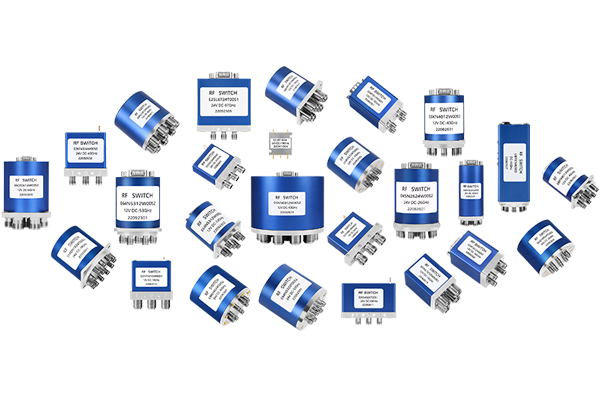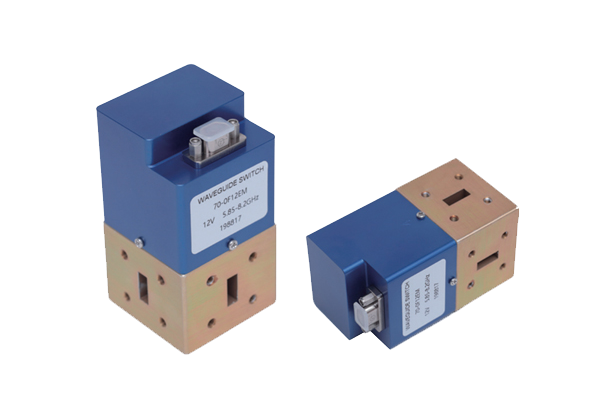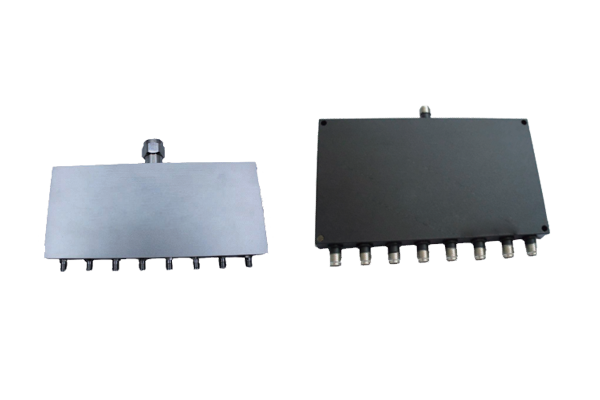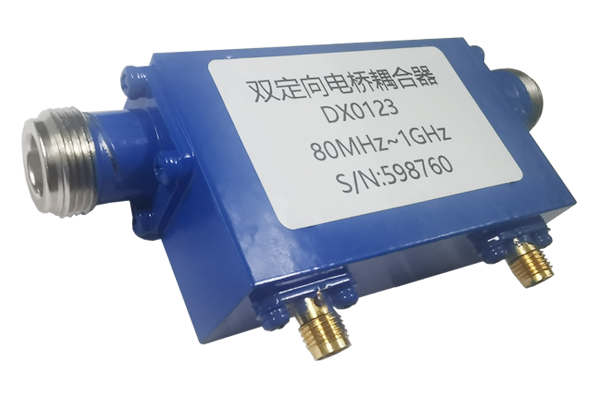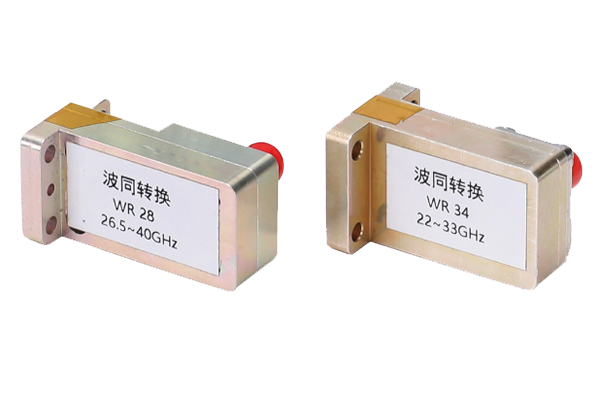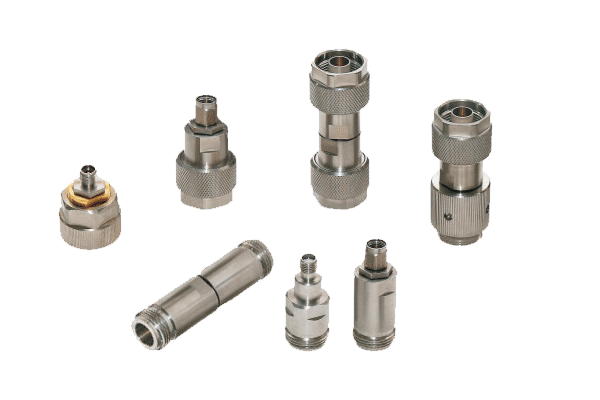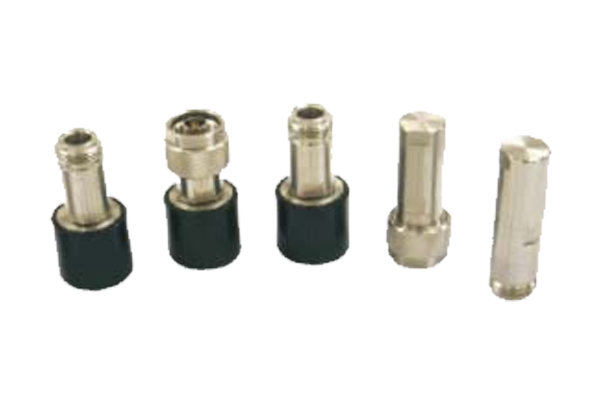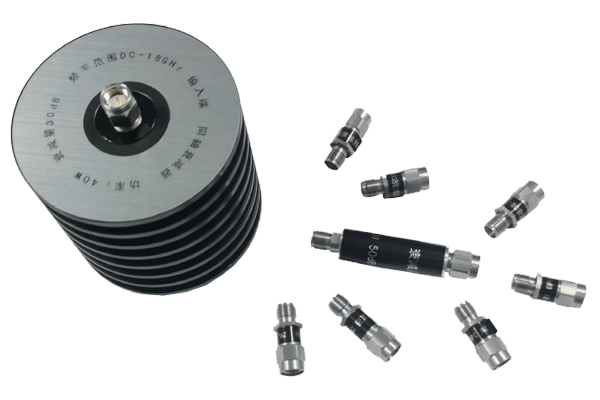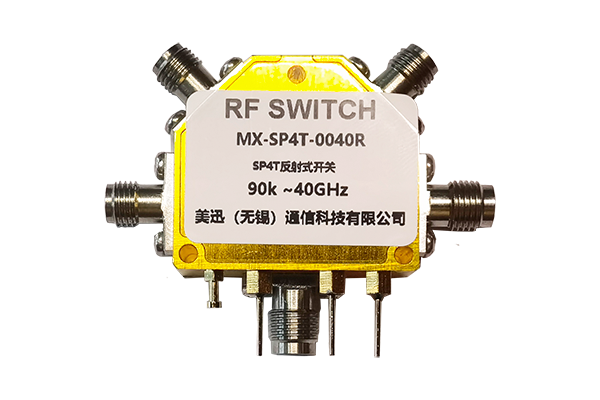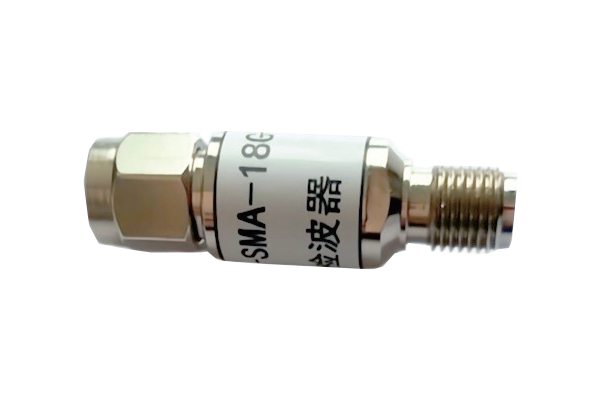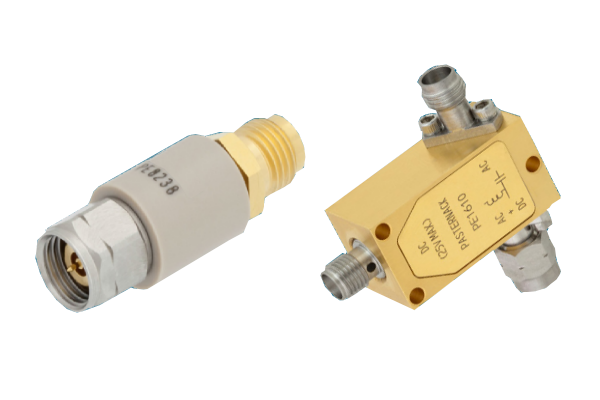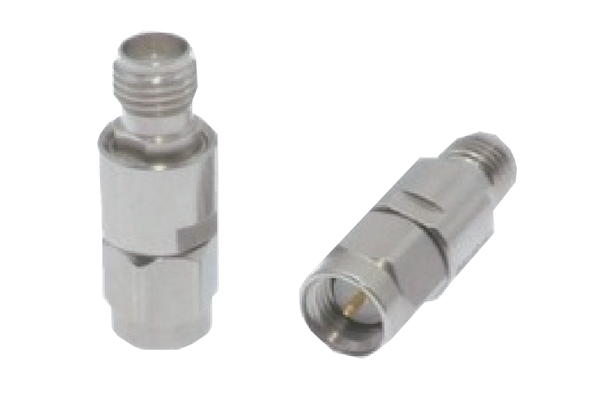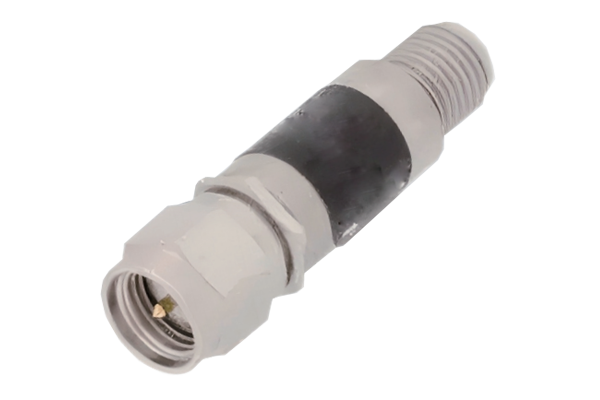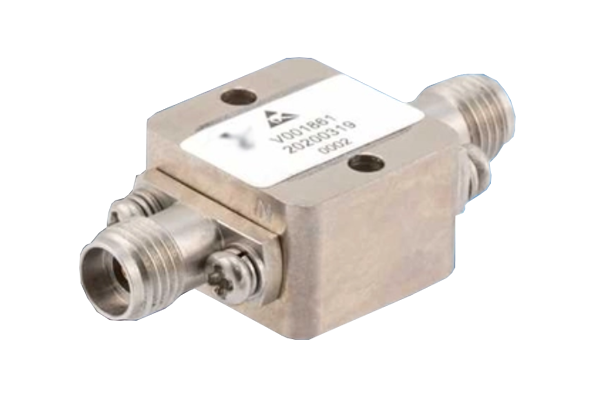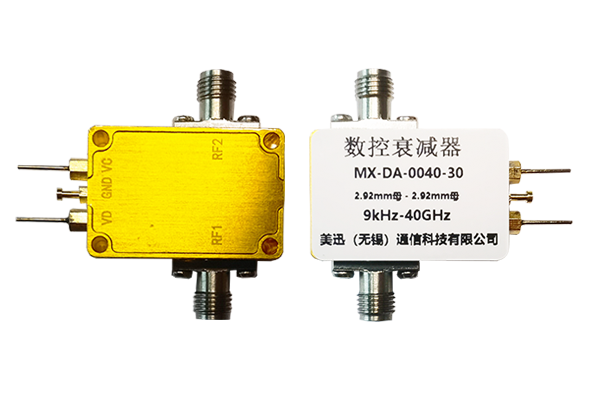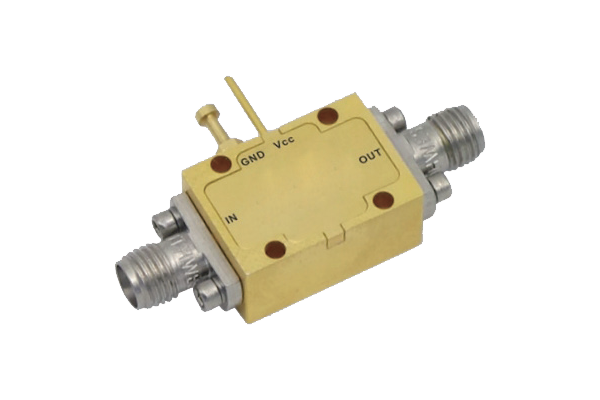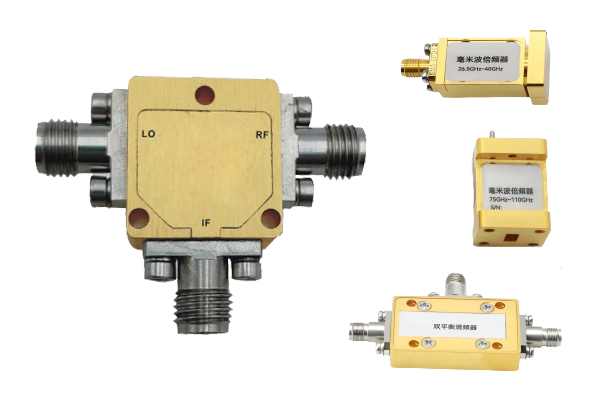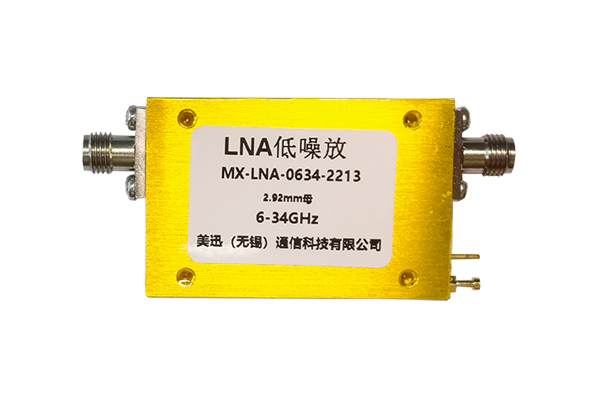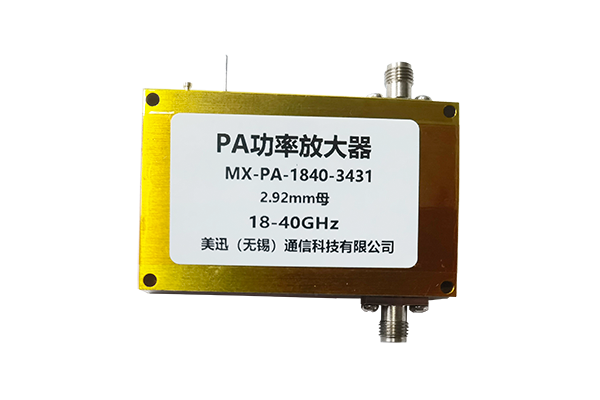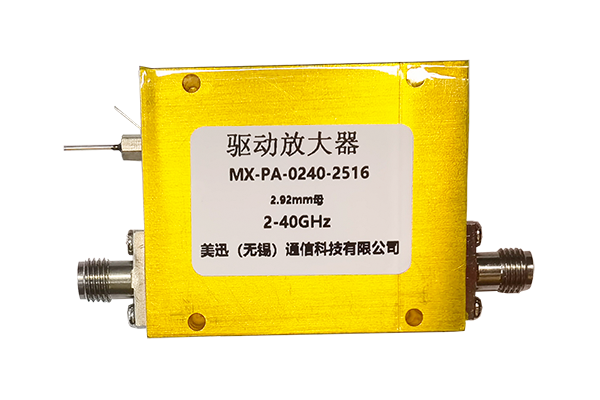Can an RF attenuator prevent signal overload
RF Attenuators: Preventing Signal Overload
An RF attenuator can effectively prevent signal overload by reducing the amplitude of incoming radio frequency signals to a manageable level for downstream components. Signal overload occurs when the input power to a device—such as a receiver, amplifier, or mixer—exceeds its rated capacity, leading to distortion, clipping, or permanent damage.
1 How Attenuators Prevent Overload
- Introduces controlled loss to lower signal strength
- Protects sensitive circuitry from excessive power
- Maintains signal integrity by preventing distortion
2 Critical Applications
- Prevents receiver overload from strong transmitters
- Mitigates reflected waves in communication systems
- Ensures linear performance within optimal range
3 Equipment Protection
- Safeguards test equipment (spectrum analyzers)
- Prevents damage from high-power signals
- Essential for oscilloscope protection
4 Attenuator Selection
- Fixed attenuators for consistent power reduction
- Variable attenuators for dynamic environments
- Balance between overload prevention and signal quality
Industry Applications
RF attenuators play a vital role in preventing overload across multiple industries. In telecommunications, they maintain signal clarity in base stations. Aerospace systems use them to protect avionics from interference. For electronics testing, attenuators enable accurate measurements without risking equipment damage. The right attenuator selection preserves functionality while ensuring reliable RF system operation.



